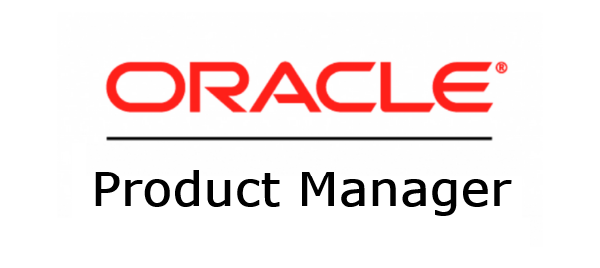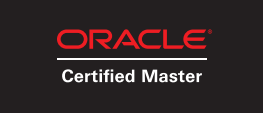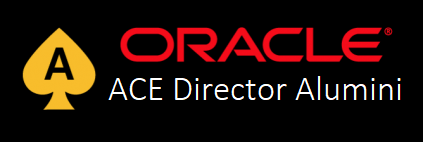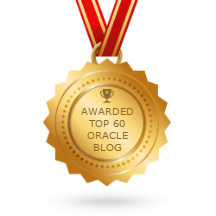Multi column is another item any DBA must know about. It's very important on tables where you have 2 columns that are correlated. So you must tell the optimizer that! The classical example for that is: How many people have a birth month of May? How many people have a Zodiac sign of Taurus? How …
Category: OCM 11g Preparation
OCM 11g Preparation
Jul 08
OCM 11g Preparation - Gather statistics on a specific table without invalidating cursors
Interesting this topic, because It's very very specific. So, the best thing is know how to do that because the chance of having it in the exam is 100%. "When statistics are updated for a database object, Oracle Database invalidates any currently parsed SQL statements that access the object. The next time such a statement executes, the …
Jul 08
OCM 11g Preparation - Use Result Cache
Result Cache is not enabled by default but is a such amazing feature that can make your 3 hours query run in less than 1 second after the first call. However, your result set need to be short and the tables involved might not be modified so often. The Oracle official documentation for Result Caches is short. So read …
Jul 06
OCM 11g Preparation - Administer flashback data archive and schema evolution
I've already talked about that in the topic Perform various recovery operations using Flashback technology but this is here again. For Oracle to have created a separate topic for that, this probably means you should not even think in skipping to study that. Be well prepared. Practice: Creating a Flashback Data Archive Enabling and Disabling Flashback Data …
Jul 06
OCM 11g Preparation - Create and manage contexts
Oracle Contexts is very useful, specially for application developers. You can define namespaces, variables and keep their values in memory instead of needing to commit to a table. You can also use it as a global variable where similars sessions can share, so it's a good way to also exchange information! The documentation related below is very very …







